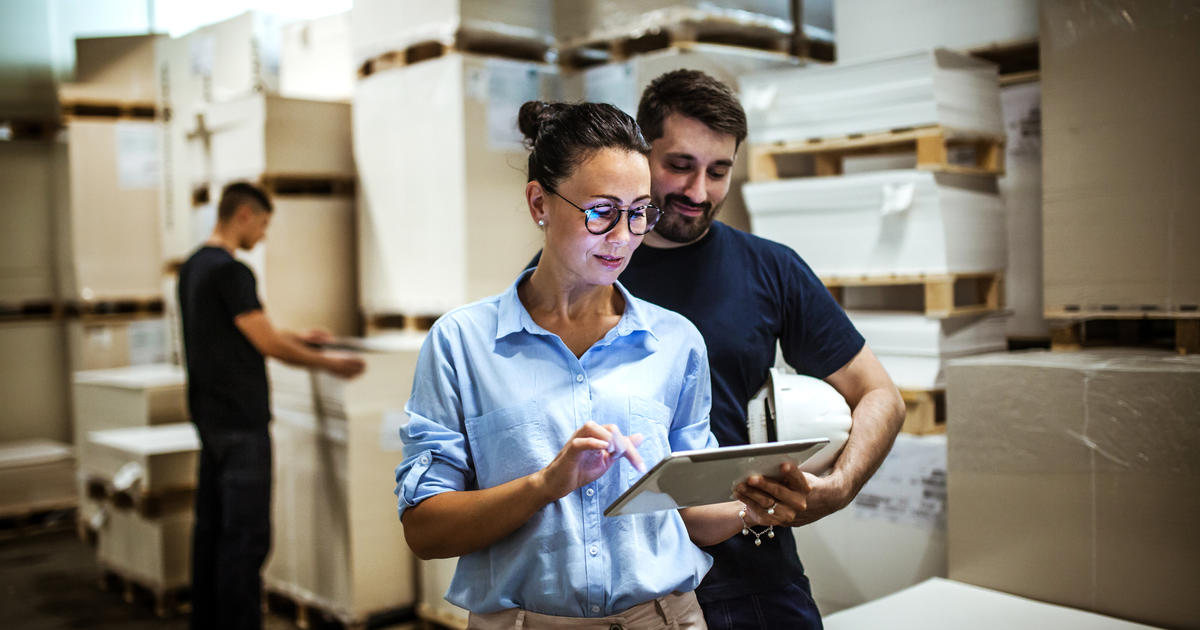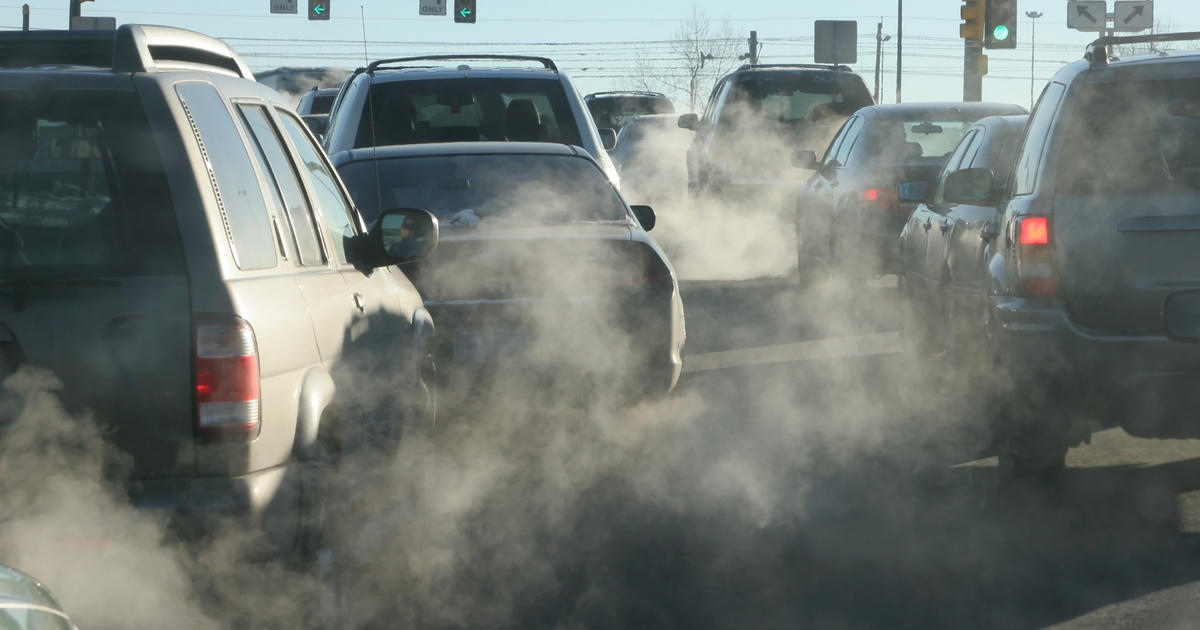An update on my 2020 manufacturing predictions.
Earlier this year I made my three process industry predictions, one of which was the need for manufacturers to take sustainability seriously and realize its potential for growth. Well, I may have made some industry predictions, but I couldn’t have predicted what was going to happen a few months later. The current pandemic has taken the world by surprise and we have observed events never seen before. Whether it was seeing the empty streets of New York, the population of Jalandhar seeing the Himalayas for the first time in 30 years as air pollution dropped, or most poignantly for me, the iconic picture of a jelly fish swimming in a Venice canal as the reduced-levels of boat traffic allowed the sediment to settle.
The events that have unfolded have only served to reinforce my thoughts on the importance of sustainability. I am no eco-warrior, or a Greta Thunberg banging the table demanding we stop doing everything. I am an engineer, a practically minded person that can see that manufacturers need to take advantage of sustainability issues both for their growth, but also for the planet.
There are lessons all manufacturers can learn from the COVID-19 outbreak.
Supply chains are more fragile than previously thought
Procurement strategies based purely on cost alone, irrespective of distance transported have inherent risk. Whether its political or social disruption, or in this case a pandemic, they simply breakdown. So maybe manufacturers should adopt a dual sourcing policy, maybe a pareto approach using local suppliers as well? I have found this myself – when faced with social distancing queuing at a retailer, I have found local suppliers who will deliver eggs, fresh fish, local butchers who now offer a delivery model and a host of smaller manufacturers and businesses offering alternative services to the ones I knew and relied on.
It’s not only procurement that causes this fragile supply chain, manufacturers need to look at the whole chain, take a risk assessment for every stage and introduce solutions or alternative ways of working to mitigate them. One IFS company has needed to cope with an unprecedented demand for its paint from online orders as consumers couldn’t go to stores to purchase. To handle this they have relied on their technology to adapt their normal distribution network to make deliveries to homes rather than stores.

Flexibility
Flexibility in production is key, being able to change production lines quickly to adapt to changing demands is vital. In a crisis we all seem to get back to basics, adopt a survival mentality, luxury products take a back seat and we purchase more essential products like flour, eggs, milk etc…. Manufacturers need to recognize this and build in production flexibility, so that they can produce what is wanted quickly and with potentially limited ingredients.
Pollution
Pollution, it will go away if we stop producing it! Manufacturers need to think about their sustainability and eco profile. We know from research that in 2019, 85% of consumers expected companies to invest in sustainability, up from 64% in 2018*1 and companies like Unilever reported that their sustainable living brands grew 68% faster than the rest of their business.*2
So now is the time for manufacturers to seriously look at their sustainability and eco-credentials, to fit scrubbers to chimney stacks, to fit filtration systems to reduce effluent emissions, to look at waste reduction programs and to generally look at their entire business from an eco-footprint perspective – including their staff.

People
People don’t have to go to an office to work every day in their polluting cars. Manufacturers have been able to keep their businesses running even when many of their staff have been in lockdown. Working from home for many has been the new normal, with collaboration provided by the likes of Skype, Zoom and Microsoft Teams. Companies are seeing that they don’t need to get all their staff to travel to an office every day to get their work done and in many cases productivity has risen. It’s not just office staff, remote assistance solutions allow technicians and experts to collaborate and support customers from thousands of miles away. Putting an engineer on a plane should be the last possible solution and only done when all other remote options have been dismissed.
When this pandemic is all over, I hope manufacturers will not forget all the things they did right and all the things they did wrong to keep afloat. One thing is sure in my mind, being sustainable and lowering your carbon footprint will provide a business where people will want to work, want to invest in and want to buy from. Benefiting the customer, the business, and of course the planet – because one day I want to travel to Northern India and see the Himalayas and stand on the Rialto Bridge with my granddaughter and watch the jellyfish swimming.
If you enjoyed this blog please look for others on blog.ifs.com.
I welcome comments on this or any other topic concerning manufacturing. Connect, discuss, and explore using any of the following means:
- Twitter: @ElkinsColin
- Email: elkins@ifs.com
- Blog: http://blog.ifs.com/author/colin-elkins
- LinkedIn: https://www.linkedin.com/in/colinelkins
Follow us on social media for the latest blog posts, industry and IFS news!
*1 “Storytelling: Winning with words” Innova Market Insights. October 2019
*2 Brands with purpose grow – and here’s the proof. Unilever. June 2019.